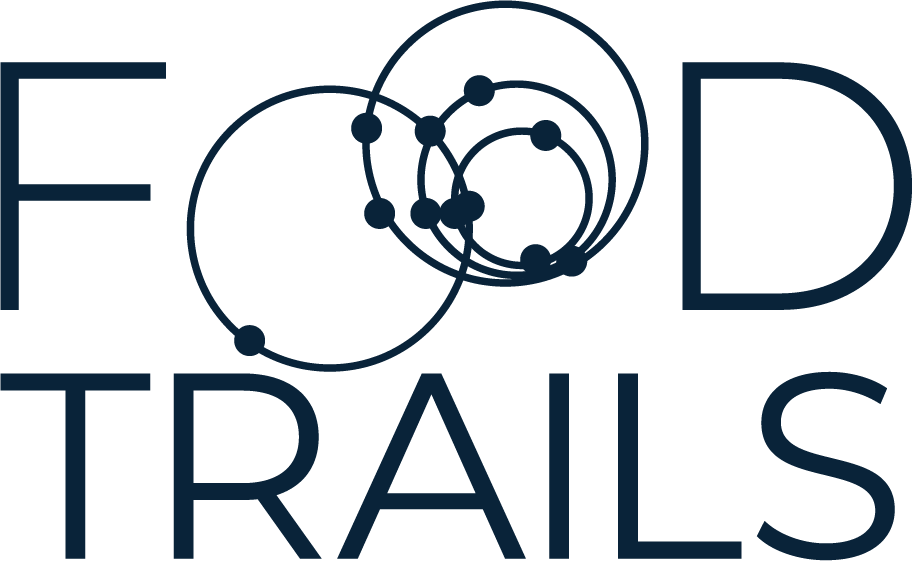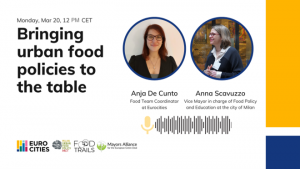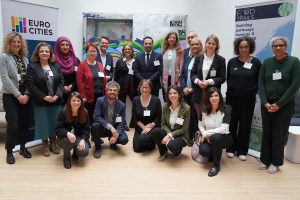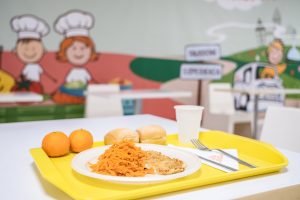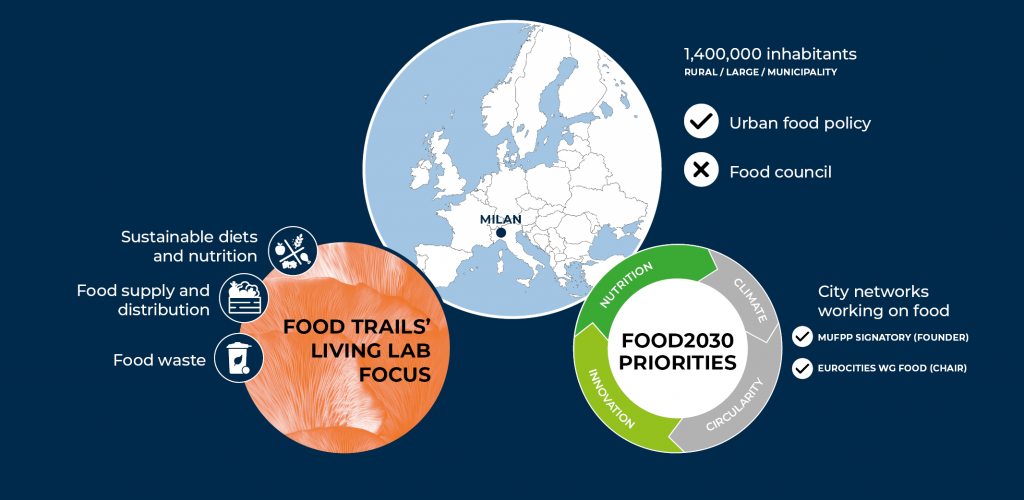
Italy’s second city and economic centre of the county’s north is a leader in food policy and at the heart of the Milan Urban Food Policy Pact.
In 2014, the Municipality of Milan, along with the Cariplo Foundation, began to study the Milan food system, focusing on the urban food cycle and the players operating in the city. In 2015, this analysis was shared with approximately 700 stakeholders via a process of public consultation, which led to the draft and approval of a comprehensive and multidimensional urban food policy.
This strategy identifies main areas of intervention around five key priorities: ensure healthy food and water for all, promote sustainability of the food system, strengthen food education, tac food waste and support scientific research in agrifood sectors. Food is a strategic entry point for systemic changes, which have to be implemented by involving several local players, such as research centres, the private sector, non-profit organisations and foundations.
The policies designed to reduce food losses and waste are combined with those regarding waste cycle management to increase the system’s overall sustainability with a consistent approach to a circular economy.
Since the creation of Milan’s food policy in 2015, the school canteen system has become a strong driver. The city’s pilot aims to implement the Planetary Health Diet to shift Milan’s children’s food habits through public procurement.
More specifically, the Milan Living Lab addresses the network of school canteens managed by the municipal agency Milano Ristorazione and will advance circularity and sustainability in school canteens by reducing food waste, plastic packaging for raw materials and meals, and managing biowaste of canteens and cooking centres.
Read more here.
